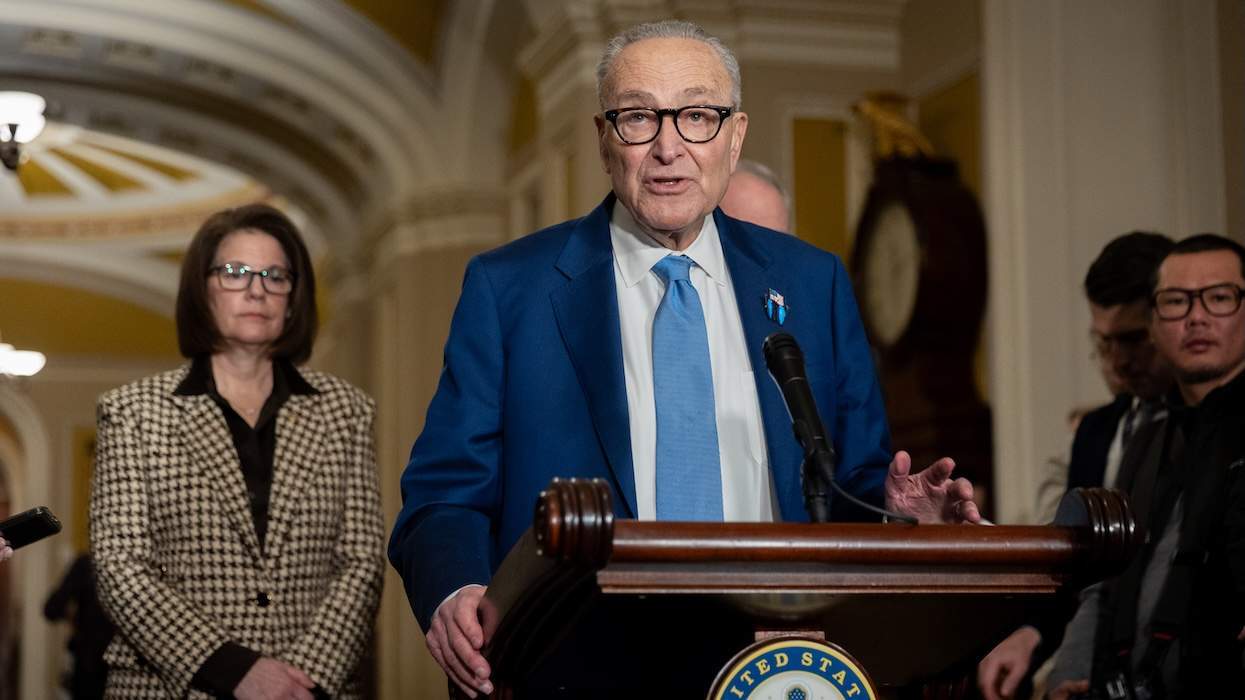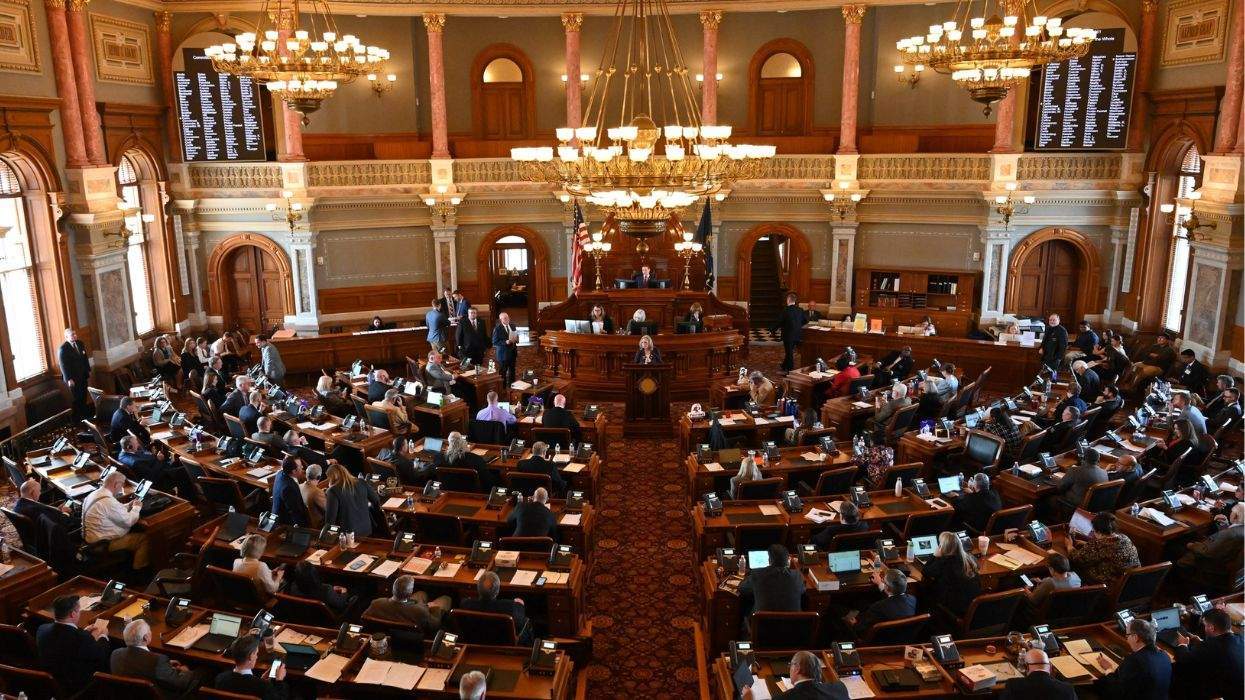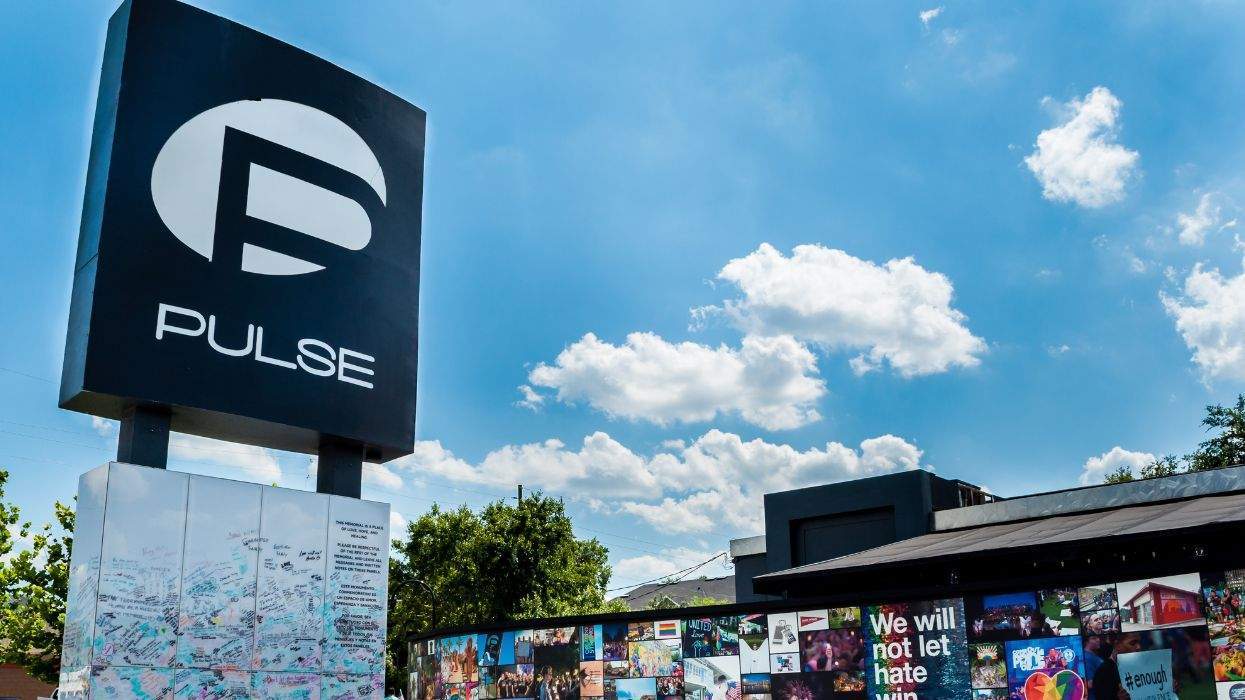During the past decade North America has seen an emergence of politically motivated Chicken Littles running around frantically warning of an imminent takeover by Muslims and their Sharia law. Insurgent Republican presidential candidate Herman Cain, for example, famously said he wouldn't allow any Muslim to serve in his Cabinet for fear of the foreign-sounding code of laws. Religious and political scholars as well as the Muslim mainstream have effectively repudiated such nonsense. The real story, however, lies with progressive Muslims who are using the protection of secular Western laws to actively reform centuries-old interpretations of their faith.
In May 2009 in Toronto, El-Farouk Khaki, his partner, Troy Jackson, and their mutual friend Laury Silvers founded el-Tawhid Juma Circle, the first mosque created for all gender identities and sexual orientations. And this year two sister circles formed -- in Atlanta and Washington, D.C.
Khaki is a longtime activist in the Muslim world, but he knew a place for LGBT people was needed after September 11, 2001. Khaki found himself called to defend Muslims living in the West against discrimination and prejudice because of terrorism done in the name of Islam. Yet, despite his dedication in representing Muslims, he soon ran into opposition.
"I found that there isn't a lot of understanding for someone who is both openly Muslim and openly gay," Khaki says. "Many queer or socially progressive Muslims give up their religion because they feel there is no space for them, and often they lose their spirituality in the process. I got tired of people saying 'we need more inclusive spaces'; 'we need more female imams.' Who is stopping you from having these things? If there is no space for you, make the space!"
Before founding el-Tawhid Juma Circle, Khaki in 2005 had helped organize the first female-led, mixed-gender Muslim congregational prayer to ever be held in a mosque.
Khaki's religious activism began in 1991, when he founded a social support group for LGBT Muslims, called Salaam. He also cofounded Min-Alaq, a politically progressive Muslim group. And he's run a private law practice specializing in immigration since 1993. Most of his cases involve representing men and women who are fighting violence, discrimination, or persecution because of gender or sexual orientation.
Born in Tanzania, Khaki is a refugee whose family fled first to Great Britain and then immigrated to Canada.
El-Tawhid Juma Circle grew out of his sincere desire to give Muslims an opportunity to engage with one another as individuals. "Around the time el-Tawhid Juma Circle was being founded I was in a meeting with someone who told me, 'I'd like to see a gay mosque' and I said, 'I wouldn't. I'd like to see a mosque that was inclusive for everybody," Khaki says.
Unlike informal Muslim LGBT-friendly groups, el-Tawhid Juma Circle strives to adhere to authentic methods of Islamic worship, including the ritual prayers and the prescribed rules for performing the khutbah (sermon). What makes the community most unusual, however, is its rule against gender segregation. All members are encouraged to participate. So rare is this egalitarian mosque environment that each week individuals from around the world join the group via Skype to share in the khutbah and pray along with el-Tawhid Juma Circle.
Social media has been a boon to the movement that Khaki and his community are helping to spark. Until now LGBT Muslims have lived in isolation or in small, disenfranchised communities. Now they -- along with other progressive-minded Muslims -- have the opportunity to connect online, forming an even larger global community.
Just knowing that they have brothers and sisters around the globe who have had to struggle with the same kind of identity issues and the same kind of discrimination within their faith communities is a huge step forward, Khaki says.
He hopes to see more groups in different parts of the world joining el-Tawhid Juma Circle. "Let's not pretend we don't have an agenda," he laughed. "After all, if Facebook can help organize revolutions in freedom squares around the world, surely it can organize revolutions of the heart."
Amanda Quraishi is a writer, blogger, interfaith activist, and technology professional living in Austin. She blogs about politics, religion, and tacos at https://www.muslimahMERICAN.com.















